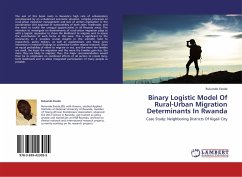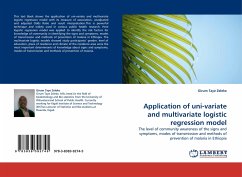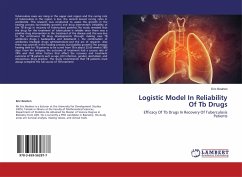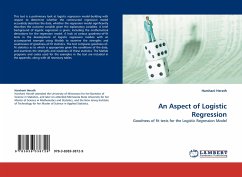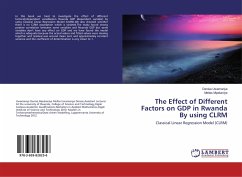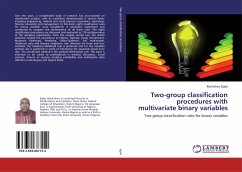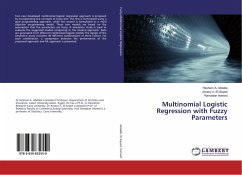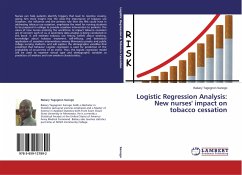The aim of this book roots in Rwanda's high rate of urbanization accompanied by an unbalanced economic situation, complex processes of rural-urban migration management and lack of sectors implication in the coordination and appraisal of sustainability of both sides' livelihoods, and the need to tackle the unequal opportunities in all Rwanda areas. The intention to investigate on determinants of rural-urban migration plays at with a logistic regression to show the likelihood to migrate and to assess the contribution of each factor in this issue. This is significant to the community as it provides crucial insights in this scientific field to researchers, policy makers, as well as academicians and those ones interested in research findings to undertake further related research. Since an equal probability of either to migrate or not, and the more the families are small, the lesser the migration and the more the families gain less, the more they are likely to migrate; thus, the major recommendation would then be to emphasize on combined efforts of all sectors to create long-term livelihoods and to allow integrated participation of many people as possible.
Bitte wählen Sie Ihr Anliegen aus.
Rechnungen
Retourenschein anfordern
Bestellstatus
Storno

